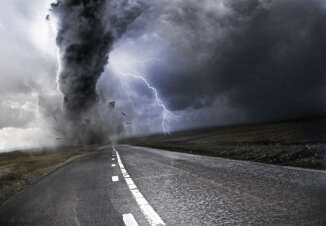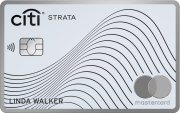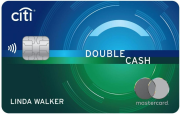The content on this page is accurate as of the posting date; however, some of the offers mentioned may have expired.

Now days, we read the words ‘Tsunami’, ‘Hurricane’, ‘Flood’, and ‘Earthquake’all too frequently in the headlines. You don’t have to be blind to see that natural disasters are becoming increasingly common, in fact some might argue that they are a part of life in the new millennium.
In 2005, Hurricane Katrina ripped through the Gulf Coast of Louisiana and Florida with winds raging to over 140 miles-per-hour. Charley, Andrew, Frances– the list of disastrous hurricanes goes on. Just last week, New York, Connecticut, New Jersey, Virginia, and North Carolina felt the effects of Hurricane Irene, not even a week after a 5.9 earthquake rumbled the East Coast.
If not prepared, these natural disasters can wreak havoc to your home, family and finances. With natural disasters becoming increasingly common, it’s important to know how you can use your credit card more efficiently amidst a natural disaster. So tuck a little place aside in your first aid kit for your credit card. Having this information ready will be helpful if you ever have to evacuate in a hurry or if you end up stuck in a disastrous situation.
First, it is important to have a list of each credit card, including the credit card name, account number, any reoccurring fees— such as bill payments, direct deposit information, as well as the toll-free number and the identification number on the back of the card.
Also, it would be wise to include any and all bank account numbers, mortgages, and car loans. In times of crisis, personal information like wallets and credit cards may get lost or stolen. Make two copies of this information and hide it away in two very safe places, whether it is that shoebox under your bed or the safe in the wall. This information will come in more than handy in a time of crisis.
As a general rule, it is best to stay far beneath the limit on your credit card. In case of an emergency, you may have to put a hotel or a rental car on the card. This may be a bigger issue if your card is maxed out and you have no access to an ATM. Keeping balances low is always a good rule of thumb, but during a natural disaster access to cash and credit is essential.
Furthermore, it is important for you as the consumer to let the credit card company know a little bit about your situation. If you evacuate or if you are going to be making purchases outside your normal purchase realm, it would be wise to let the banks and credit card issuers know. Many banks have fraud alerts on accounts that monitor if a consumer is making any irrational purchases based on their previous history. If your spending behavior changes rapidly, the bank may think your card is stolen and cut off access. This could be detrimental, and somewhat life threatening in certain situations.







